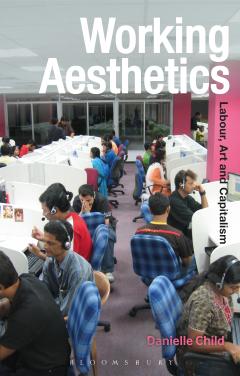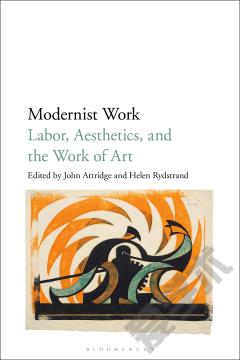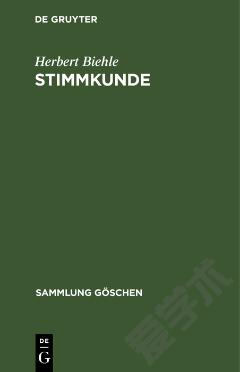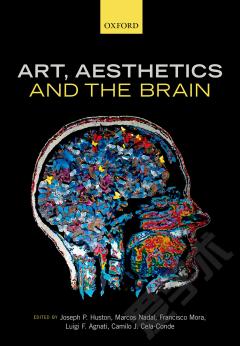Working Aesthetics —— Labour, Art and Capitalism
----- 工作美学:劳动,艺术和资本主义
Working Aesthetics is about the relationship between art and work under contemporary capitalism. Whilst labour used to be regarded as an unattractive subject for art, the proximity of work to everyday life has subsequently narrowed the gap between work and art. The artist is no longer considered apart from the economic, but is heralded as an example of how to work in neoliberal management textbooks. As work and life become obscured within the contemporary period, this book asks how artistic practice is affected, including those who labour for artists. Through a series of case studies, Working Aesthetics critically examines the moments in which labour and art intersect under capitalism. When did labour disappear from art production, or accounts of art history? Can we consider the dematerialization of art in the 1960s in relation to the deskilling of work? And how has neoliberal management theory adopting the artist as model worker affected artistic practices in the 21st century? With the narrowing of work and art visible in galleries and art discourse today, Working Aesthetics takes a step back to ask why labour has become a valid subject for contemporary art, and explores what this means for aesthetic culture today.
{{comment.content}}








 京公网安备 11010802027623号
京公网安备 11010802027623号